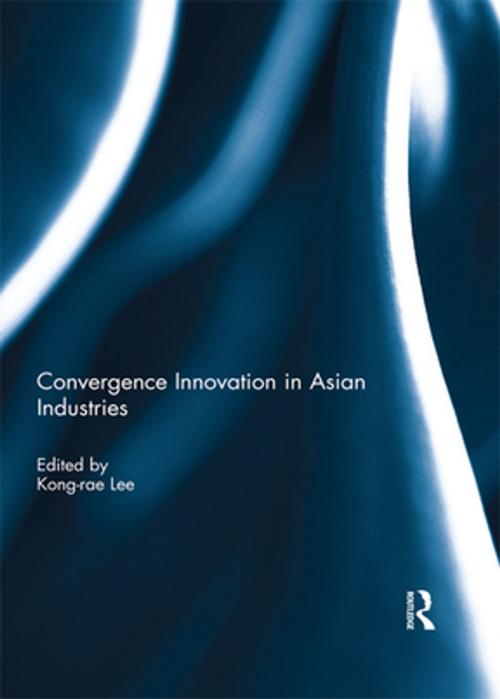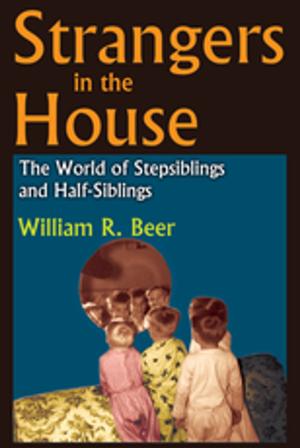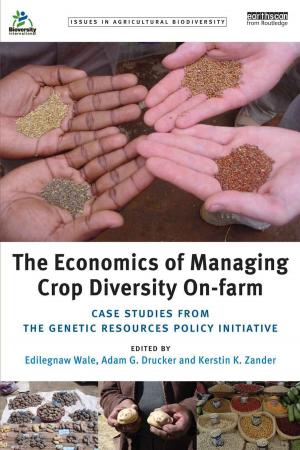| Author: | ISBN: | 9781317189305 | |
| Publisher: | Taylor and Francis | Publication: | April 19, 2018 |
| Imprint: | Routledge | Language: | English |
| Author: | |
| ISBN: | 9781317189305 |
| Publisher: | Taylor and Francis |
| Publication: | April 19, 2018 |
| Imprint: | Routledge |
| Language: | English |
This book deals with both the understanding of, and the explanation of, knowledge about the causes, processes, and patterns of convergence innovation. It argues that the process of convergence innovation is a continuous disequilibrium between reference technology and its matching technology, adjusting the optimal balance between the functions of the two technologies. Contributors describe how convergence innovation is a learning process that requires both vertical and horizontal convergence, and case studies explore the different types of convergence innovation such as outside-in and inside-out.
Convergence innovation has been taking place mainly by applying IT technologies to vast areas of conventional technologies, so that individuals or firms reap the benefits of the convergence between IT and conventional technologies. Such innovations are made possible by convergence, and they ultimately improve the welfare of human beings as companies solve diverse problems and increase employment. Examples in this book include biochemical companies in Indonesia, who were able to increase their market shares in bio-fertilizer and bio-pesticide products through bio-based technological convergence; and textile machinery firms in South Korea who have been survived by achieving convergence innovation on their core competences.
This book was originally published as a special issue of the Asian Journal of Technology Innovation.
This book deals with both the understanding of, and the explanation of, knowledge about the causes, processes, and patterns of convergence innovation. It argues that the process of convergence innovation is a continuous disequilibrium between reference technology and its matching technology, adjusting the optimal balance between the functions of the two technologies. Contributors describe how convergence innovation is a learning process that requires both vertical and horizontal convergence, and case studies explore the different types of convergence innovation such as outside-in and inside-out.
Convergence innovation has been taking place mainly by applying IT technologies to vast areas of conventional technologies, so that individuals or firms reap the benefits of the convergence between IT and conventional technologies. Such innovations are made possible by convergence, and they ultimately improve the welfare of human beings as companies solve diverse problems and increase employment. Examples in this book include biochemical companies in Indonesia, who were able to increase their market shares in bio-fertilizer and bio-pesticide products through bio-based technological convergence; and textile machinery firms in South Korea who have been survived by achieving convergence innovation on their core competences.
This book was originally published as a special issue of the Asian Journal of Technology Innovation.















